Column: Tragedies should be addressed in schools
September 13, 2016
The education system needs to be encouraging conversation about tragedies occurring not only in local communities but also worldwide.
These conversations not only make students feel as though they have support from their teachers, but also encourage academic discussion about topics pertaining to the real world.
In an article written by Alexandra Pannoni titled, “How High School Educators Should Address Traumatic Events in Class,” a lot of excellent advice is given as far as how to handle these situations.
The article explains that educators should be talking about these situations and should avoid telling students that they cannot talk about them. Pannoni points out that if we do not allow students to voice their concerns, it can actually lead to students being more angry or upset.
Pannoni also points out that when we do talk about it, then we must stick to facts, and we must realize that the conversation can get quite heated. For instance, the shooting that happened in Orlando, Florida at the Pulse Nightclub, or even 9/11, are both topics that can polarize students, but both are highly relevant today.
As a budding teacher, I felt as though learning the best way to deal with tragedies in the classroom was really important.
While talking about tragedy was encouraged, they then went on to say that there should be a counselor present, and they should not facilitate the conversations in class.
While I understand that the return to normalcy is crucial in a time of tragedy, I do not think we should ignore these conversations simply because the students are in a classroom.
If we silence students in the classroom by telling them they must wait until a counselor is present or that they have to wait until after class, then how can students be expected to feel comfortable and supported in the classroom?
Ignoring student’s pleas to want to understand these situations can cause them to react in an angry manner, and can actually make them shut down in the classroom.
I know that if I were told that I had to wait until the right moment, I would end up not talking about it at all.
While I understand that a teacher cannot spend a whole class period talking about the tragedy, I think that if a student asks a question, it is okay to take time out of the lesson to talk about such serious topics.
A big part of being a teacher is making connections with students. Part of making those connections is giving support to those students, even when that support seemingly does not pertain to the classroom.
It may seem that these discussions have no relevance to the classroom, which is not necessarily true. These discussions can be excellent opportunities to teach students how to talk to their peers in an appropriate manner, and encouraging understanding for other’s opinions.
Support is something we should give students at all times. While there are cases that should be directed to a school psychologist or counselor (i.e. students who are showing signs of being extremely distressed), students should be allowed to ask questions, and have those questions answered without waiting for the “right” moment.
There is never a right moment to talk about tragedy, but that is why we should encourage students to ask questions, and not just to certain people.
Alex Bonnot is a senior English language arts major. She can be reached at 581-2812 or agbonnot@eiu.edu.


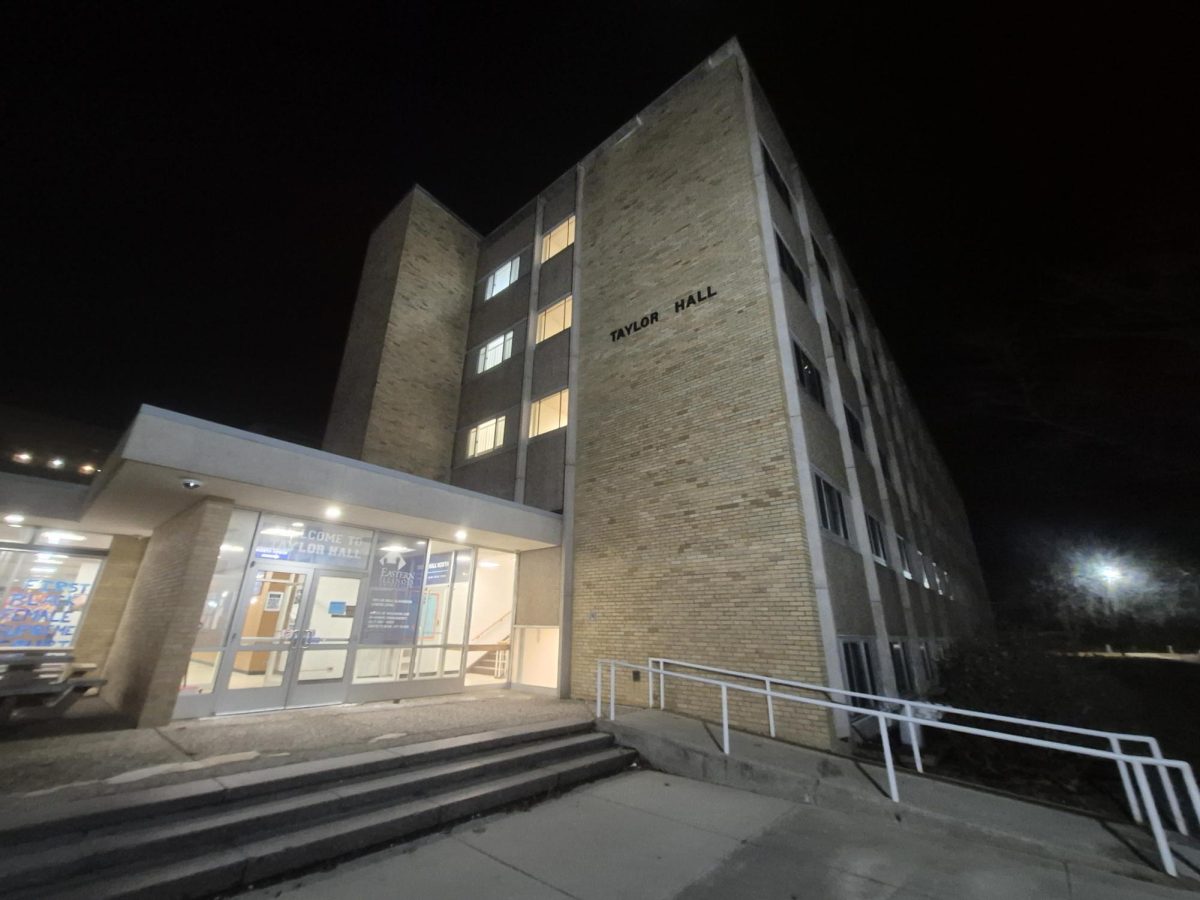


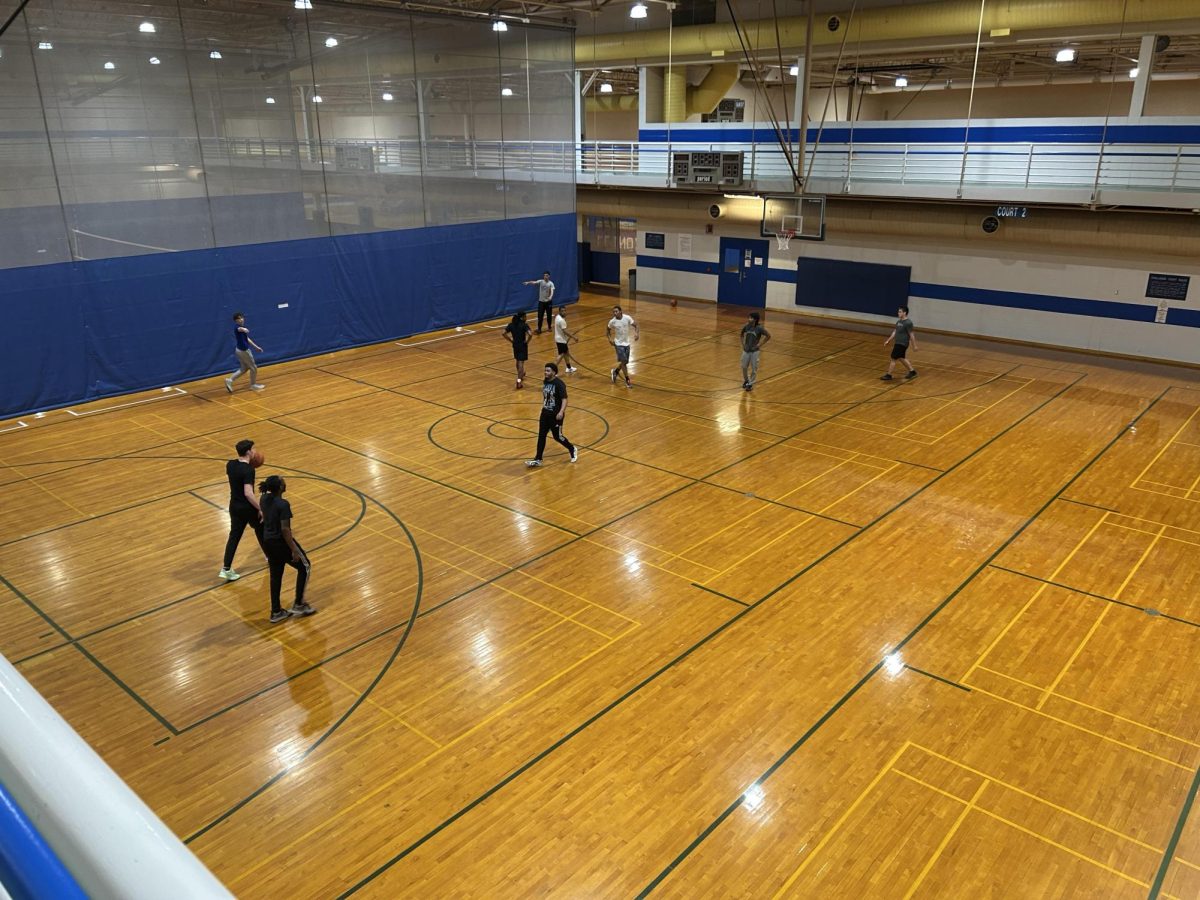
![[Thumbnail Edition] Senior tennis player Luisa Renovales Salazar hits the tennis ball with her racket at the Darling Courts at the Eastern Illinois University campus in Charleston, ILL.](https://www.dailyeasternnews.com/wp-content/uploads/2025/03/Tennis_01_O-1-e1741807434552-1200x670.jpg)


![[Thumbnail Edition] Senior right-handed pitcher Tyler Conklin pitching in the Eastern Illinois University baseball team's intrasquad scrimmage at O'Brien Field in Charleston, Illinois on Jan. 31.](https://www.dailyeasternnews.com/wp-content/uploads/2025/03/TC_01_O-e1741567955534-1200x669.jpg)


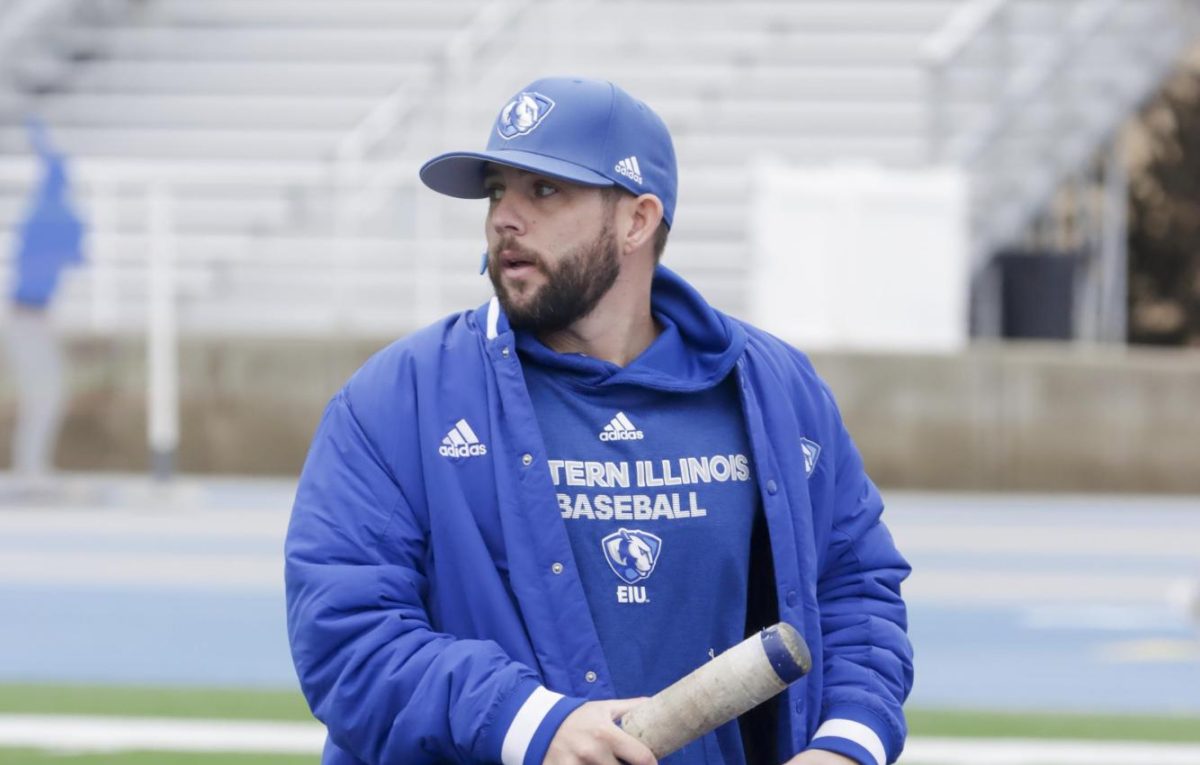



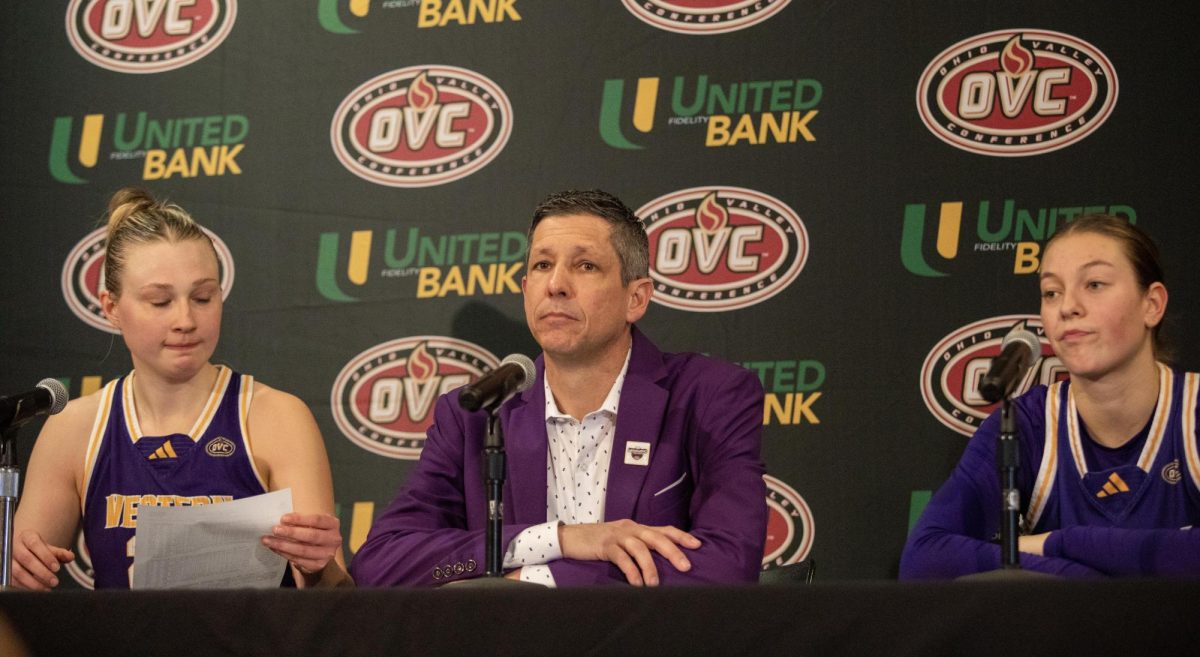
![[Thumbnail Edition] Senior, forward Macy McGlone finds an open teammate to pass the ball too during the game against the Tennessee State Tigers 69-49, in Groniger Arena on the Eastern Illinois University campus, Charleston Ill.](https://www.dailyeasternnews.com/wp-content/uploads/2025/03/WBB_02_O-1-e1741228987440-1200x692.jpg)


















![E[Thumbnail Edition] Eastern Illinois softball freshman utility player Abbi Hatton deciding to throw the softball to home plate in a fielding drill during softball practice at the field house in Groniger arena on Tuesday Feb. 11.](https://www.dailyeasternnews.com/wp-content/uploads/2025/03/SB_03_O-e1741208880750-1-e1741209739187-1200x815.jpg)
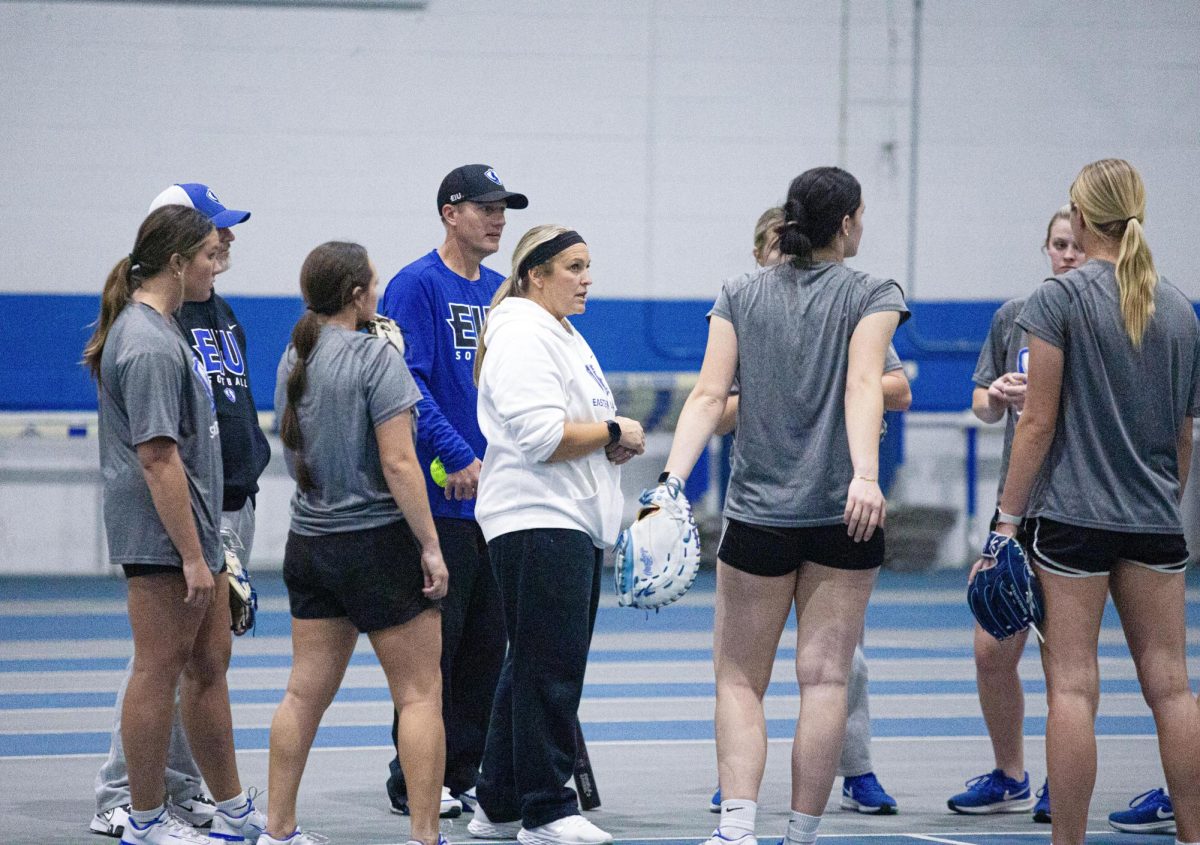
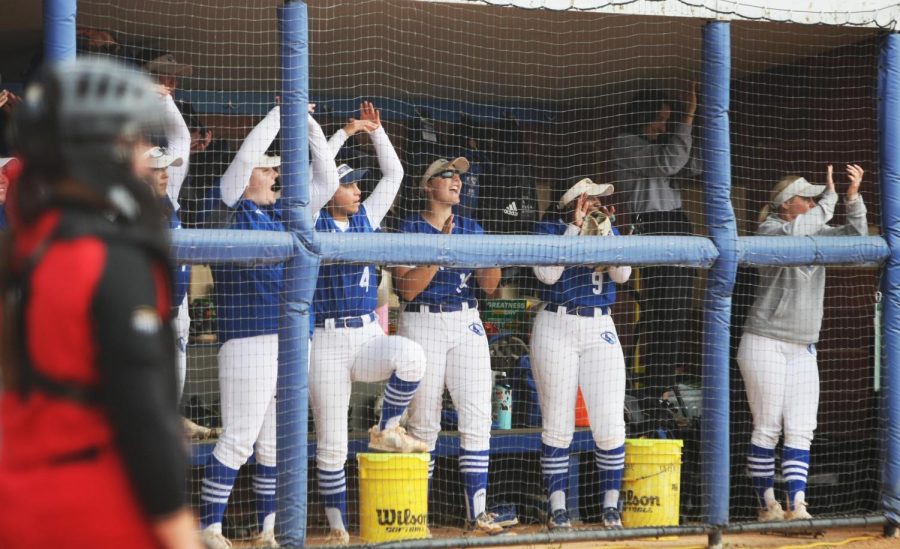













![The Weeklings lead guitarist John Merjave [Left] and guitarist Bob Burger [Right] perform "I Am the Walrus" at The Weeklings Beatles Bash concert in the Dvorak Concert Hall on Saturday.](https://www.dailyeasternnews.com/wp-content/uploads/2025/03/WL_01_O-1200x900.jpg)
![The team listens as its captain Patience Cox [Number 25] lectures to them about what's appropriate to talk about through practice during "The Wolves" on Thursday, March 6, in the Black Box Theatre in the Doudna Fine Arts Center in Charleston, Ill.](https://www.dailyeasternnews.com/wp-content/uploads/2025/03/WolvesPre-12-1200x800.jpg)

















